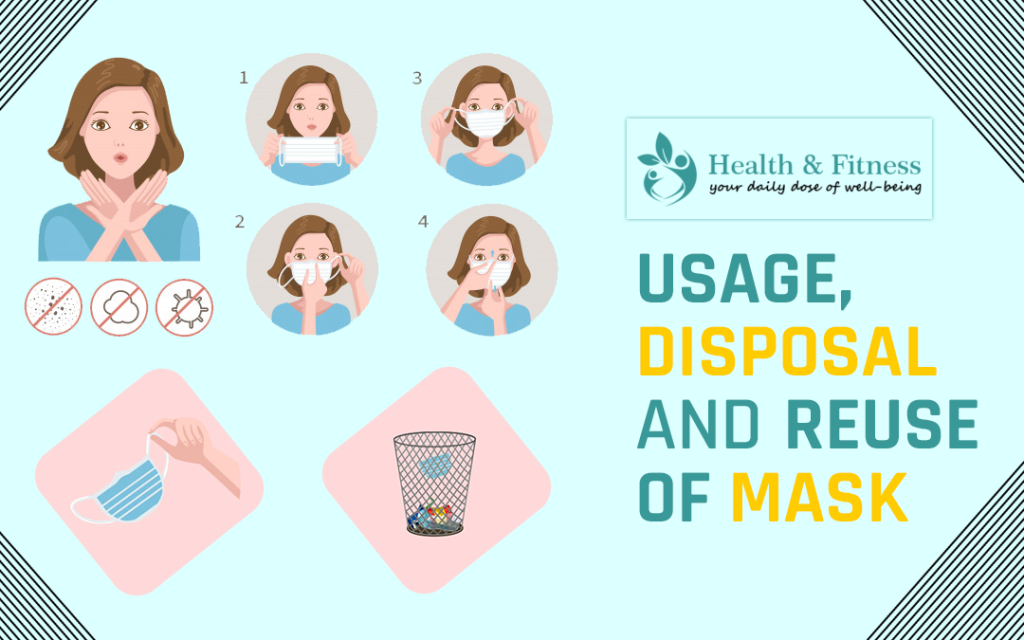Since the sub-variant was initially discovered in the country, two months have passed without a notable spike in cases during June and July, indicating that it has not been able to have a substantial impact in India. The World Health Organization has introduced the latest Covid-19 variant, the eris variant (EG.5.1). The cases of this variant have started rising in the UK and the US. As of now, in India, only one case has been reported of this variant, which has been identified in Pune in May 2023.
What is ERIS?
The sub-lineage of the Omnicron variant XBB.1.9.2 is the SARS-CoV-2 variant EG.5.1. As compared to its parent strain lineage, it has extra two spike mutations (Q52H, F456L). It has been identified in 39 nations and 38 US states, according to experts. For simplicity, the ERIS name was suggested. The descendent of the XBB is variant EG.5.1. and appears to have some growth benefits contributing to an increase in the proportion of SARS-CoV-2 infection in many regions, according to Dr Sanjay Pujari, Director at the Institute of Infectious Diseases, Pune.
Where was the first case detected in India and World?
On 24 March 2023, the EG.5.1 variant was found. In India, the first case of this variant was detected on 29 May 2023 from Maharashtra. The state coordinator Dr Karyakarte for genome sequencing and his team picked up this Covid variant from among Covid-positive RT-PCR samples.
Is This Variant Infectious and What are Its Symptoms?
The variant is spreading fast according to the UK Health Security Agency (UKHSA). WHO and UKHSA are closely monitoring eris variant symptoms to assess its effect on public health and the effectiveness of vaccines. So far, there doesn’t have any evidence that the variant causes severe disease. The primary eris covid variant symptoms are runny or blocked nose, sore throat, headache, dry cough, sneezing, and body pain. However, these symptoms are mild because there is high immunity in the population which makes those symptoms a little less severe. Furthermore, it is suggested to get tested and consult your doctor if you notice any of the above-mentioned signs.
Who is at High Risk?
People aged 65 or over and those with comorbidities are at high risk, according to experts. According to the UK reports, there has been a very slight increase in hospitalization.
How to Protect Yourself from ERIS?
The following are some preventive measures that need to be taken to prevent ERIS:
It is suggested to get vaccinated if you haven’t yet been vaccinated.
Make sure to maintain a social distance of at least one metre even if they are not ill. Avoid going in crowds.
When physical distance is not possible in some places, then try to wear a mask.
Make sure to use alcohol-based handwash or soap to wash your hands.
When you sneeze or cough, try to cover your mouth and nose to avoid spreading germs. Used tissue needs to be thrown away and wash your hands.
In case, you notice any COVID-19 symptoms, isolate yourself until symptoms are gone. Try to follow these preventive tips to avoid getting affected by the new covid variant eris.
Conclusion
The blog outlines a few concepts regarding covid Eris, its symptoms, and preventive measures that should be taken into account to avoid getting affected by Eris. Moreover, to get more information on this variant, subscribe to Personal Care N Heal.
Also Checkout:
What is Vibrio Vulnificus: The Silent Killer Hiding in Shellfish



